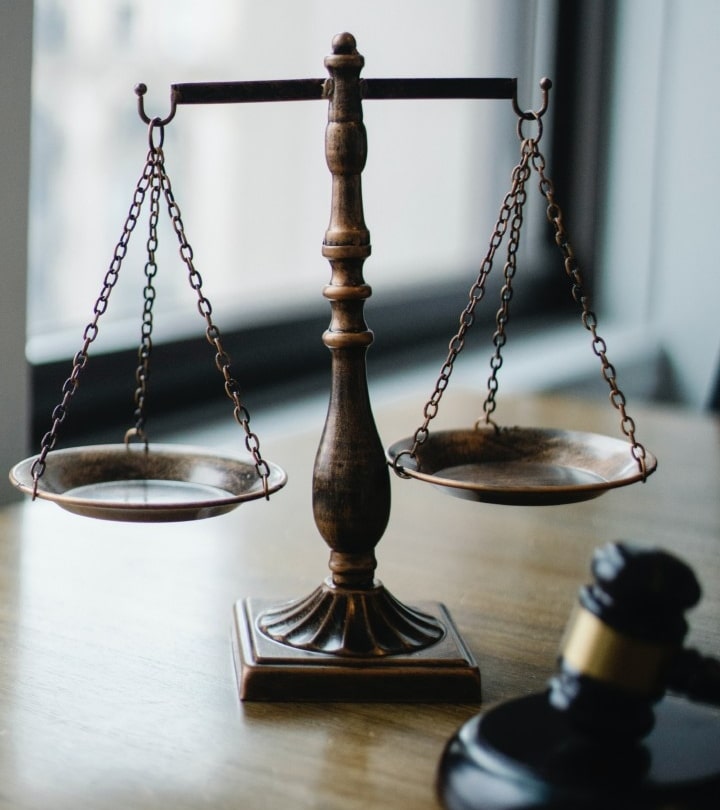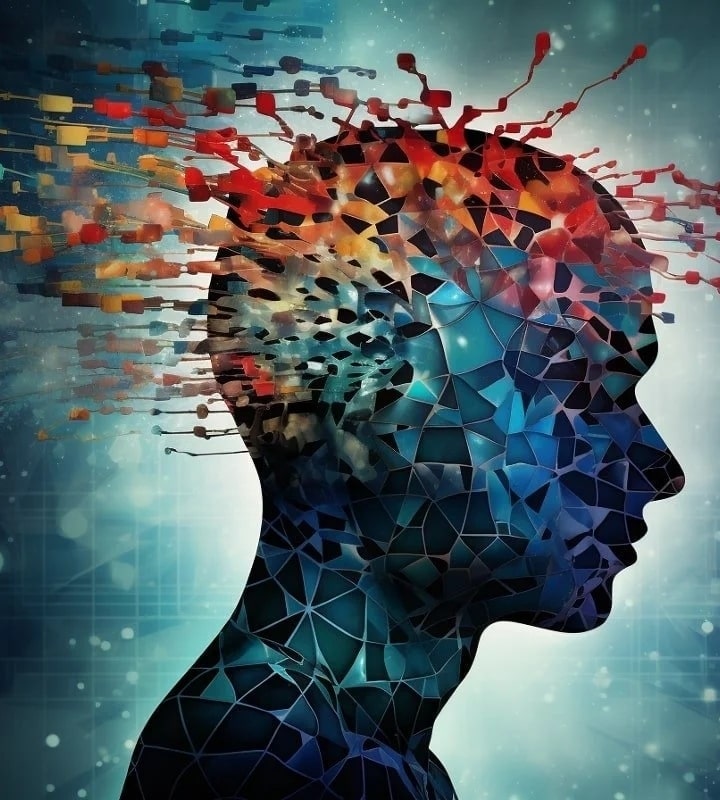If you’re a woman dealing with hair loss, read this. We’ll discuss the five most common causes of hair loss, and we’ll also teach you some treatment tips.
Infographic provided by Hair by Dr. Max, a trusted provider of hairline surgery
Starting at birth, our hair is a topic of conversation and a source of pride or discontent. You can have too much hair or too little. It can be too curly, too straight, or a gorgeous mane everyone envies.
But you don’t have to be prideful to be concerned if your hair starts falling out. It’s natural to be bothered by hair loss.
For many women, it’s part of the aging process. Thinning hair when we hit our 50s and 60s is a common experience.
For others, this problem is caused by conditions in the body that they may not even realize are occurring.
If hair loss is something you’re dealing with or an issue you’d like to prevent, it’s important to understand the reasons why women lose their hair. Once you know the why, you can work on the how, or, at the very least, acceptance.
There are many causes of hair loss, all unique to our bodies. But here are five of the most common reasons why women lose their hair in adulthood.
Table of Contents
1. Genetics
Hereditary hair loss in females is called androgenetic alopecia, or alopecia for short. It’s less common than genetic hair loss in men, but it happens.
This type of female-pattern baldness is genetic and can be passed down from either parent. But since it tends to kick in for the majority of people after menopause, it’s also thought to be affected by hormones.
In alopecia, your hair follicles shrink, causing any new hair to grow thin and fine. The hair also takes longer to grow and breaks easily. The combination of damaged hair and slow regrowth can cause baldness.
But it’s possible to fight alopecia, especially early on.
How to Fight Hereditary Hair Loss
A diagnosis of female-pattern baldness doesn’t have to equate to a life of battling the condition. While it is possible to adapt to it by changing your hairstyle, there are also medications that can help.
The earlier you are diagnosed, the quicker you can seek treatment to reduce future hair loss. Some of the medications you may be prescribed include:
- Minoxidil, or Rogaine, which is FDA-approved for treating female-pattern baldness
- Aldactone (Spironolactone), a diuretic that is thought to block the production of androgens that prevent hair growth
- Supplements such as iron, omega-3 fatty acids, omega-6 fatty acids, and antioxidants
If female-pattern baldness runs in your family and you’re concerned about your thinning hair, talk to your doctor.
2. Hormones
Women and hormones are interconnected throughout their entire lives. But these hormones shift with age and change along with the body.
For instance, hair loss during pregnancy is common as your body adjusts to the hormonal changes that come with carrying a baby.
In the opposite vein, birth control pills purposely affect your hormone levels. As your body adjusts to these artificial hormones, you may notice hair loss.
And then there are the stages of perimenopause and menopause, your body’s final shift in hormone levels. These tend to be gradual and long-term, and they are also the most common times when women notice hair loss and might start looking into things like supplements for hormone balance in order to try to prevent some of the hair loss and other effects of these hormone changes.
How to Treat Hormonal Hair Loss
If you’re losing hair due to changing hormones, have hope! There are a few changes you can make to reduce the problem.
- Exercising daily levels out your hormones.
- Sticking to a healthy diet helps keep those pesky hormones in check.
- Increase your omega fatty acid and Vitamin D intake.
- Avoid bad habits, such as smoking and drinking alcohol.
- Limit your caffeine.
Hormonal hair loss is stressful, but it’s also one of the causes that’s easy to get a handle on. You simply have to start living a healthier lifestyle.
3. Stress
Speaking of stressful things …
If you’re noticing that your hair is falling out in bigger clumps and you’re also going through a rough time, then yes, the two are probably connected.
Stressful events and chronic stress are linked to hair loss. It’s not a permanent problem, but it’s a safety measure that your body implements automatically.
Like the “fight or flight” and hibernation mechanisms, your body reacts to stress by shutting down where it can. By limiting the work it has to do on “unnecessary” functions like hair growth, it can concentrate on fixing the stressful situation.
To do this, your body puts your hair follicles into a resting phase. This type of hair loss is usually temporary, although it can have long-lasting effects.
How to Regain Hair Loss from Stress
If stress has caused your hair to fall out, it’ll take time to grow it back. Unfortunately, it’s also a vicious cycle. Stress is causing your hair to thin, and thinning hair is causing you stress.
The best way to limit future hair loss and get your body out of its protective mode is to engage in regular therapeutic activities.
- Try to meditate daily.
- Take up yoga for at least 15 minutes a day.
- Keep up with your daily vitamins and biotin.
- Listen to music that you enjoy.
- Find ways to laugh every day.
If all else fails, talk to your doctor. Chronic stress can be a serious condition, so they may prescribe anti-anxiety medication to prevent the problem from worsening.
4. Nutritional Deficiencies
Your body has to be working optimally for your hair to get enough vitamins and minerals. Hair is made of keratin, and when you’re deficient in this vitamin, your hair shows for it.
Your diet, daily habits, and medication can cause nutritional deficiencies that result in thinning hair.
The good news is that by adding in a few sources of vitamins and minerals, you can correct this malnutrition issue easily!
What Should You Eat to Stop Hair Loss?
Some foods have “superfood” tendencies to help with conditions such as heart problems. Other foods are recommended to help you regrow your hair thicker and healthier, like these:
- Walnuts
- Spinach
- Carrots
- Greek yogurt
- Eggs
These foods are rich in iron, Vitamin D, and magnesium. Each of these vitamins and minerals helps your body to regenerate your hair and nails. They’re simple to add to your diet, too!
5. Aging
One thing that everyone has in common, regardless of any other difference, is that we all age. Our bodies go through the same types of cycles, from conception to death, and hair loss becomes a part of that for many of us.
Your hair works as part of a growth cycle that includes hair follicles and cells. Over time, the hair follicles close and don’t open back up.
How to Prevent Hair Loss as You Age
Unfortunately, there’s no cure-all for age-related hair loss. Losing hair — like the aging process itself — is one of the sad realities of life.
But, by following the tips above (eating a healthy diet, exercising, etc.), you may be able to limit the amount of hair you lose.
Conclusion
For women, hair loss can have a huge effect on our self-confidence. But understanding the reason behind your thinning hair can help you fix the problem.
With all of the therapies and treatments available today, hair loss doesn’t have to affect how you look at yourself in the mirror.


![5 Common Causes of Hair Loss for Women [+Treatments]](https://inkbeau.com/wp-content/uploads/2020/05/how-to-stop-hair-fall.jpg)









